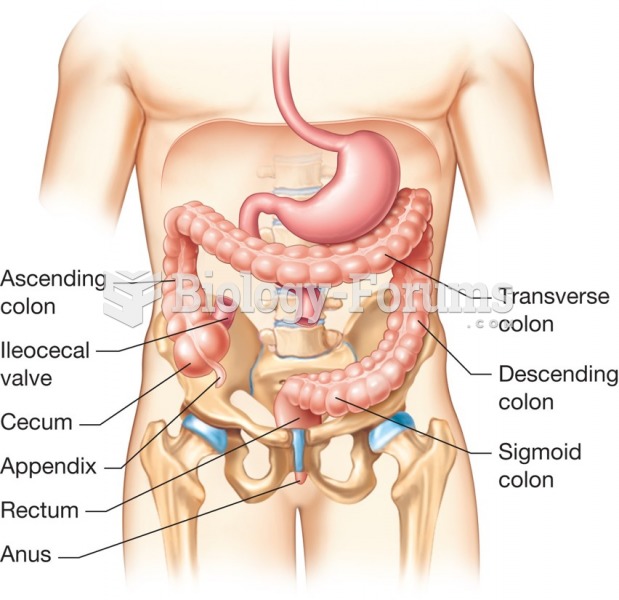This topic contains a solution. Click here to go to the answer
|
|
|
Did you know?
More than 150,000 Americans killed by cardiovascular disease are younger than the age of 65 years.
Did you know?
Vaccines prevent between 2.5 and 4 million deaths every year.
Did you know?
By definition, when a medication is administered intravenously, its bioavailability is 100%.
Did you know?
Throughout history, plants containing cardiac steroids have been used as heart drugs and as poisons (e.g., in arrows used in combat), emetics, and diuretics.
Did you know?
More than 30% of American adults, and about 12% of children utilize health care approaches that were developed outside of conventional medicine.
 Mutualisms, such as those that occur among plants and pollinators, generally involve large numbers o
Mutualisms, such as those that occur among plants and pollinators, generally involve large numbers o
 Horizontal, frontal (coronal), and sagittal planes in the human brain and a cross section of the ...
Horizontal, frontal (coronal), and sagittal planes in the human brain and a cross section of the ...





